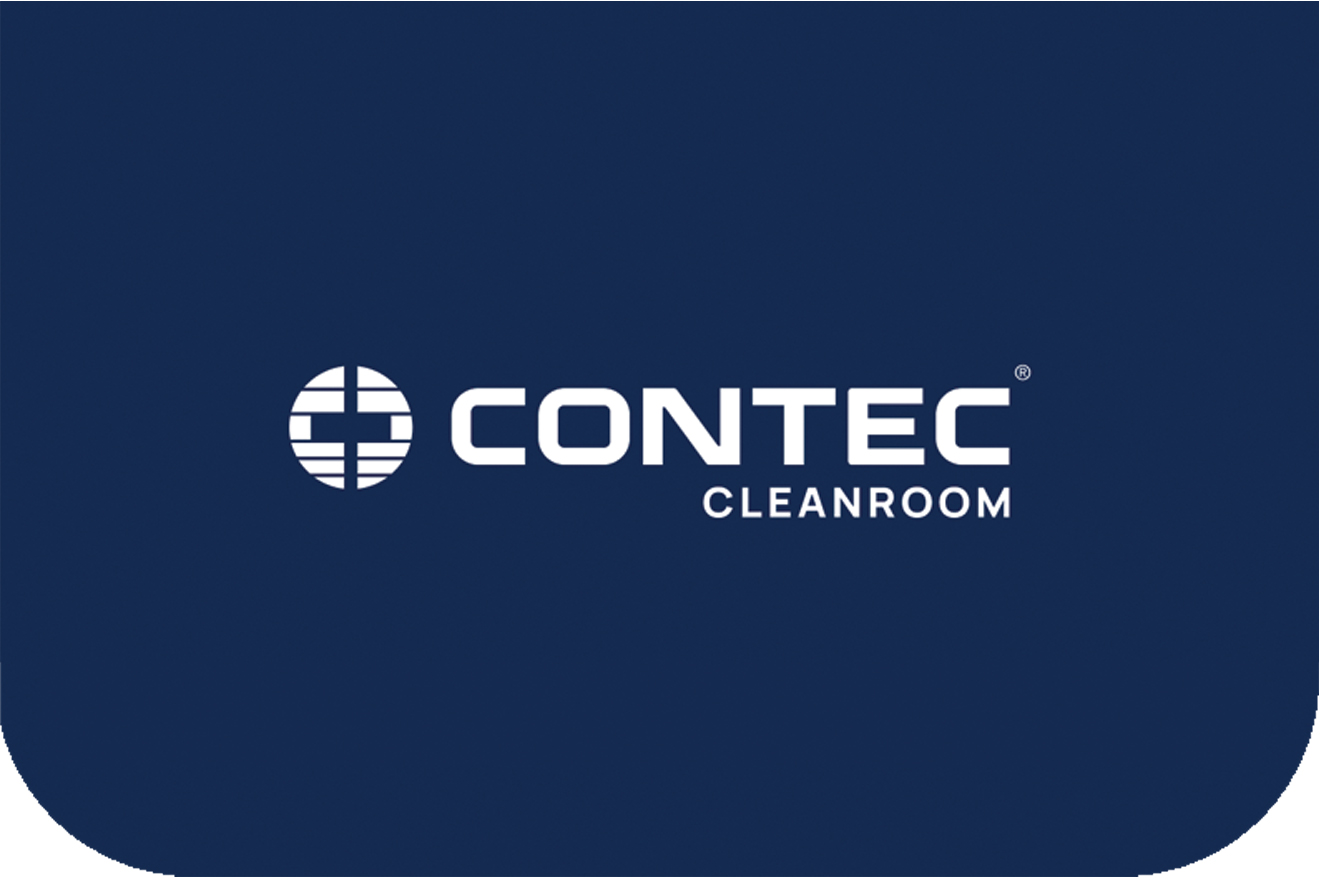REDUCE, REUSE, RECYCLE is not just a concept; it is critical to the future of our planet. Much of the waste we generate is single-use plastic and since 1950, when plastic started to be used once and thrown away, over 6.3 billion tonnes of plastic waste has been generated. Of this, only 20% gets recycled or incinerated, with the rest ending up in landfill or oceans. Plastic Oceans International estimate that at least eight million tonnes of plastic ends up in oceans each year.
Three hundred million tonnes of plastic are still being produced each year and more than 500 billion plastic water bottles are being used. In the US, 57.3 billion plastic water bottles were sold in 2014 - an increase from 3.8 billion in 1996.
In the UK, an estimated 7.7 billion plastic beverage bottles are used each year and 700,000 plastic bottles are littered every day. These plastic bottles have an estimated life span of 450 years.
Considering this, companies are becoming more aware of their environmental impact, especially multi-nationals, and are trying to incorporate sustainable business practices. Pharmaceutical companies are increasingly making public statements of sustainability and in Corporate Knights' annual list of the world's 100 most sustainable corporations, seven biopharmaceutical companies made the list in 2020: Sanofi, AstraZeneca, Takeda, Novo Nordisk, UCB, Merck and GSK.
Sustainability in a cleanroom
Being sustainable in critical and cleanroom manufacturing environments presents a challenge; not only because there are high energy costs involved in running cleanrooms, but the concept of reduce, reuse and recycle is difficult to put into practice. Cleanrooms use consumable products that cannot be recycled because of the ingredients they contain or because they have been contaminated with hazardous materials. For example, protected trigger spray bottles can neither be manufactured from recycled materials nor be recycled.
One option cleanroom users could consider to reduce the amount of single-use contamination control materials used is to launder and resterilise them. This is not a new concept; gowns and garments are regularly laundered and reused. However, there are risks associated with this option for wipes and mops used in high-grade areas.

Relaundering cleanroom consumables
Best practice for both wipes and mops in a cleanroom environment is to use single-use disposable products.
This reduces the risk of cross contamination and ensures that contamination is physically removed from the cleanroom environment at the end of a session. However, many facilities are considering laundering and reusing mops to reduce costs and provide a more sustainable alternative to single-use disposable products.
Since disposable mops are made from new materials and follow a validated process, their performance and results are consistent and predictable. This remains constant even over a long period of time, as a new mop with the same parameters is used each time. Studies show that the effect of relaundering a mop can lead to the performance and quality changing over time due to inevitable degradation.
The laundry process can cause irreversible damage to the delicate structures of the wipe or mop. When evaluating a reusable mop, it is necessary to project the performance and quality over time to estimate the life cycle and therefore related costs. As the actual quality, contamination profile and performance of reusable mops will change over time, such deviation could result in unintended and potentially unacceptable risk to the customer's environment and the product they produce.
From waste to cleanroom wipe
There is now another way to be sustainable in a cleanroom; knitted cleanroom wipes, which are manufactured from polyester (polyethylene terephthalate - PET). Plastic beverage bottles are also made from PET and products made from rPET (recycled polyester from post-consumer plastic bottles) are becoming more prevalent in high end clothing brands, such as Patagonia, Fatface, Nike, O'Neil and Under Amour. So why not cleanroom wipes?
Contec is excited to introduce the ReFIBE brand of wipes - the first of its kind. Made from recycled plastic water bottles, these wipes are made from 100 percent knitted standard weight polyester with heat sealed edges. These are ideal for cleanroom environments, with the additional benefit that they stop 35 plastic bottles per pack going to landfill or polluting our oceans; therefore, a case of wipes saves up to 840 bottles from contributing to environmental pollution.
There are risks associated with resterilisation for wipes and mops used in high-grade areas
Incorporating sustainability into the upstream wipe manufacturing process means ReFIBE reliably provides a sustainable single-use option for critical environment manufacturers without jeopardising quality or performance. The wipes are exceptionally clean, low in releasable particles and fibres and are compatible with a wide range of cleanroom solutions and disinfectants.
These wipes can be used in place of traditional polyester wipes; and like Contec's standard polyester wipes, they have been laundered and packaged in an ISO Class 4 cleanroom. ReFIBE wipes are subject to the same quality and process control protocols as virgin polyester products, removing any doubt of quality being compromised for sustainability.
There are multiple steps taken to make ReFIBE wipes:
- Recycled plastic bottles are collected
- They are then chopped into flake and cleaned
- The bottle flake is melted, filtered and formed into chips
- The chips are melted and made into yarn
- The yarn is then knitted, cut and laundered to manufacture ReFIBE wipes
Sustainable options for cleanroom manufacturers are not without challenges and not all 'green' initiatives pass the risk assessment for cleanroom use, certainly in higher grade cleanrooms. A facility will need to perform thorough research and risk assessments to evaluate all possible outcomes before embarking on green initiatives such as relaundering.
However, all companies must strive to do more to reduce their environmental impact and the use of cleanroom wipes manufactured from post-consumer plastic is a small step towards this. Every step, big or small, can help.

